How Good Are Wifi Security Cameras ?
WiFi security cameras can vary in terms of their quality and effectiveness. Some WiFi security cameras offer high-resolution video footage, wide-angle views, and advanced features such as motion detection and night vision. These cameras can provide reliable surveillance and peace of mind for homeowners and businesses. However, the effectiveness of WiFi security cameras also depends on factors such as the strength and stability of the WiFi network, the camera's placement and positioning, and the security measures implemented by the camera manufacturer. It is important to choose a reputable brand and ensure that the camera's firmware is regularly updated to address any potential vulnerabilities. Additionally, users should take steps to secure their WiFi network, such as using strong passwords and enabling encryption, to prevent unauthorized access to the camera's feed. Overall, WiFi security cameras can be a convenient and effective option for monitoring and protecting your property, but it is important to choose the right camera and take appropriate security measures.
1、 Encryption protocols used in WiFi security cameras
WiFi security cameras can be a reliable and effective option for enhancing home or office security. However, the level of security they provide depends on various factors, including the encryption protocols used.
Encryption protocols are essential for securing the communication between the camera and the connected devices. The most common encryption protocols used in WiFi security cameras are WEP (Wired Equivalent Privacy), WPA (WiFi Protected Access), and WPA2. WEP is the oldest and least secure, while WPA and WPA2 offer stronger security measures.
WPA2 is currently considered the most secure encryption protocol for WiFi security cameras. It uses Advanced Encryption Standard (AES) encryption, which is highly resistant to hacking attempts. However, it is important to note that the security of WPA2 can be compromised if weak passwords are used or if the camera's firmware is not regularly updated to address any vulnerabilities.
In recent years, there have been some concerns regarding the security of WiFi security cameras. Vulnerabilities have been discovered in certain models, allowing unauthorized access or hacking. This highlights the importance of choosing reputable brands and regularly updating the camera's firmware to ensure any security vulnerabilities are addressed promptly.
To enhance the security of WiFi security cameras, it is recommended to follow best practices such as using strong and unique passwords, enabling two-factor authentication if available, and regularly monitoring for firmware updates from the manufacturer.
Overall, WiFi security cameras can provide good security when proper encryption protocols are used, and necessary precautions are taken to ensure their security is not compromised.

2、 Vulnerabilities and risks associated with WiFi security cameras
WiFi security cameras can be a valuable addition to any home or business security system, providing convenience and peace of mind. However, it is important to be aware of the vulnerabilities and risks associated with these devices.
One of the main concerns with WiFi security cameras is the potential for unauthorized access. If not properly secured, these cameras can be vulnerable to hacking, allowing intruders to gain access to the live feed or recorded footage. This can compromise the privacy and security of the premises being monitored.
Another risk is the possibility of the camera's firmware being outdated or not regularly updated. Manufacturers often release firmware updates to address security vulnerabilities, and failure to install these updates can leave the camera exposed to potential attacks.
Additionally, weak or easily guessable passwords can make WiFi security cameras more susceptible to unauthorized access. It is crucial to use strong, unique passwords and enable two-factor authentication whenever possible to enhance security.
Furthermore, some WiFi security cameras may lack encryption protocols or use outdated encryption methods, making it easier for attackers to intercept and view the transmitted data. It is important to choose cameras that support strong encryption protocols, such as WPA2 or WPA3, to ensure the confidentiality of the video feed.
Lastly, there have been instances of manufacturers' cloud storage systems being breached, resulting in unauthorized access to users' recorded footage. It is essential to research and choose reputable manufacturers with a strong track record in security to minimize this risk.
In conclusion, while WiFi security cameras can be effective tools for surveillance, it is crucial to be aware of the vulnerabilities and risks associated with them. By implementing proper security measures, such as regular firmware updates, strong passwords, encryption protocols, and choosing reputable manufacturers, the risks can be mitigated, and the overall security of the system can be enhanced.

3、 Authentication mechanisms in WiFi security cameras
Authentication mechanisms in WiFi security cameras play a crucial role in ensuring the overall security of these devices. These mechanisms are designed to verify the identity of users and devices attempting to access the camera's network, preventing unauthorized access and potential security breaches.
One common authentication mechanism used in WiFi security cameras is the use of passwords or passphrases. Users are required to enter a unique combination of characters to gain access to the camera's network. However, the effectiveness of this mechanism depends on the strength of the password chosen by the user. Weak passwords can be easily guessed or cracked, compromising the security of the camera.
To enhance security, many WiFi security cameras now support more advanced authentication mechanisms such as two-factor authentication (2FA). This involves an additional layer of verification, typically through a mobile app or email, to confirm the user's identity. 2FA adds an extra level of security by requiring something the user knows (password) and something the user has (mobile device or email account).
Furthermore, some WiFi security cameras also support encryption protocols such as WPA2 (Wi-Fi Protected Access 2) or WPA3, which encrypt the data transmitted between the camera and the connected devices. This ensures that even if someone intercepts the data, it cannot be easily deciphered.
However, it is important to note that the effectiveness of WiFi security cameras' authentication mechanisms also depends on the manufacturer's implementation and regular firmware updates. Vulnerabilities can be present in the software or firmware, which can be exploited by attackers. Therefore, it is crucial to choose reputable manufacturers who prioritize security and regularly release updates to address any identified vulnerabilities.
In conclusion, WiFi security cameras can provide a high level of security with the right authentication mechanisms in place. The use of strong passwords, two-factor authentication, and encryption protocols can significantly enhance the overall security of these devices. However, it is essential for users to stay vigilant, keep their devices updated, and follow best practices to ensure the ongoing security of their WiFi security cameras.

4、 Privacy concerns and data protection in WiFi security cameras
Privacy concerns and data protection in WiFi security cameras have become increasingly important in recent years. While WiFi security cameras offer convenience and flexibility in monitoring and securing our homes or businesses, there are certain considerations to keep in mind.
Firstly, the security of the camera's connection is crucial. WiFi security cameras rely on wireless networks to transmit data, making them vulnerable to hacking and unauthorized access. However, advancements in encryption protocols, such as WPA3, have significantly improved the security of WiFi networks, making it more difficult for hackers to intercept data.
Secondly, the storage and handling of recorded footage raise privacy concerns. Many WiFi security cameras offer cloud storage options, which can be convenient but also raise questions about who has access to the data. It is important to choose a reputable brand that prioritizes data protection and offers robust security measures, such as end-to-end encryption and secure cloud storage.
Additionally, some WiFi security cameras come with advanced features like facial recognition or audio recording, which can further enhance security but also raise privacy concerns. It is essential to understand the camera's capabilities and ensure that the data collected is used responsibly and in compliance with privacy laws.
Lastly, regular firmware updates are crucial to address any security vulnerabilities that may arise. Manufacturers should provide timely updates to ensure that their cameras remain secure against emerging threats.
In conclusion, while WiFi security cameras offer convenience and peace of mind, it is important to be aware of the privacy concerns and data protection issues associated with them. By choosing reputable brands, understanding the camera's features and capabilities, and implementing necessary security measures, users can mitigate potential risks and enjoy the benefits of WiFi security cameras.


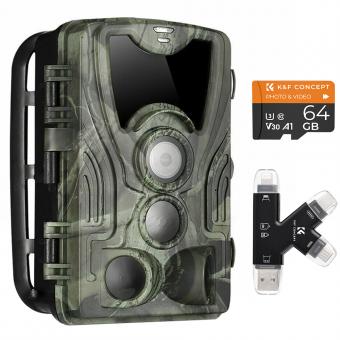



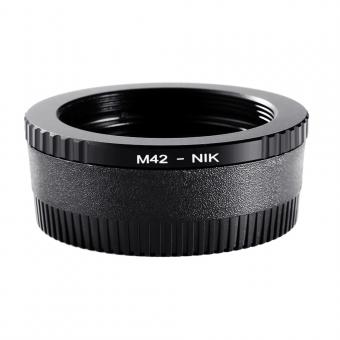
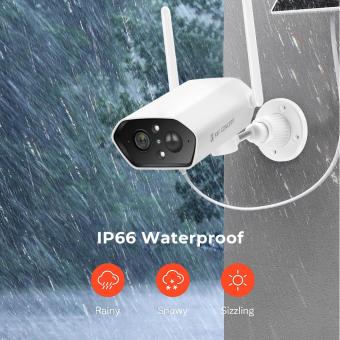






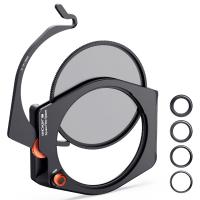



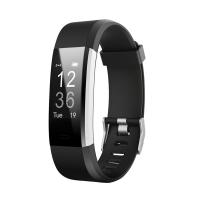
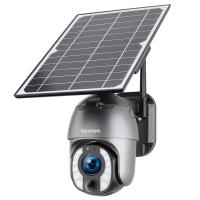

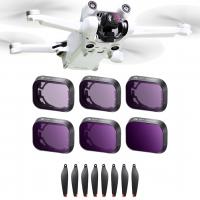
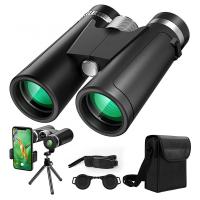
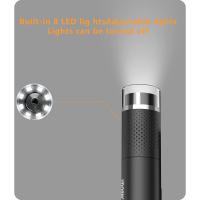
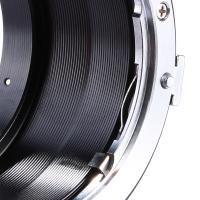

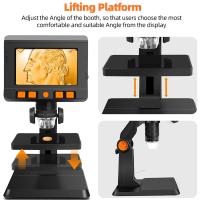


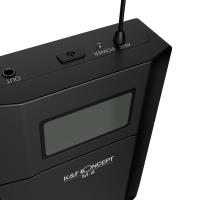
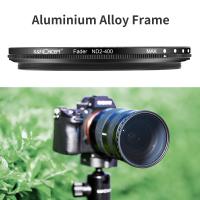
There are no comments for this blog.